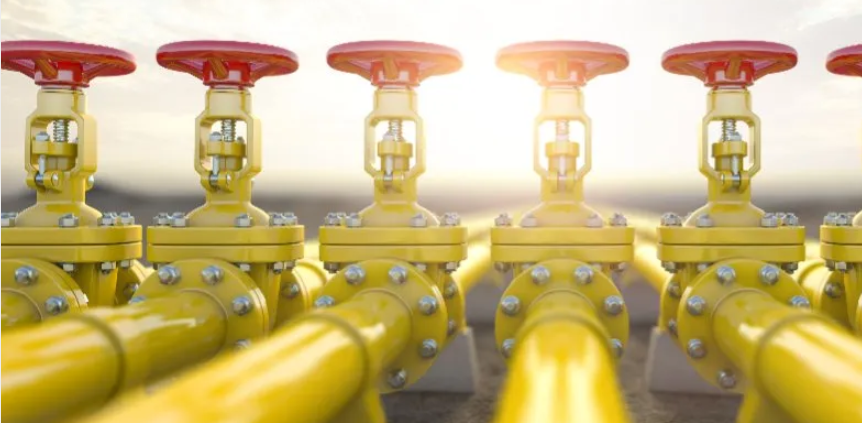It’s not even Stampede yet – and it looks like it will be a good old-fashioned free-for-all – and I’ve already encountered a fascinating drunken goofball at the top of his game. Nothing unusual there, I suppose, except that this encounter actually had an interesting and thoughtful punchline.
It happened on the train to downtown last week, at about 8 am. Life is returning to normal and the train was fairly full. Halfway downtown, two guys oozed aboard, oddly drunk for 8 am; not falling-over-drunk but party-drunk, making friendly but disjointed/loud conversation with commuters who just wanted to stare at their phone or crawl under the seat if it wasn’t so disgusting down there.
One of the drunks, swigging from a 2L Coke bottle, latched onto a tall gentleman and began chatting him up: asking how his day was going, pointing out how nice his clothes were, etc. He then lapsed into the philosophical phase that too much alcohol often brings. “Do good things,” the drunk advised. “Be good. Don’t have too many nice things. Don’t wear too many nice things like your nice belt there, because [side note: for those unfamiliar, these heartfelt alcohol-soaked soliloquies often include some eyebrow-raising admissions], someone like me might come along and take them.”
“That would be really annoying,” the ready-to-flee businessman answered, valiantly attempting to make conversation.
“Maybe that’s the point,” said the drunk. Whoa. That perked me up.
Fascinating, hey? If the guy’s right – and I don’t have a reason to doubt him, he knows his business – he brings up an interesting point about motivations and well-meaning but misguided cures. Is there a whole psycho-industrial complex built around the idea of helping people like this, when their ultimate justification for their actions is that they just want to annoy people who are higher up the economic ladder? Can that explain the unfathomable attacks on the energy system that keeps us all alive, but is withering from the assault? Do activists to a certain extent simply want to get under the skin of ‘Big Oil’?
Drunks talking philosophy have a surprising overlap with today’s energy conversations, because the quality and tone are so endearingly similar (to a degree; our leaders pontificating about current energy challenges lack not just the wisdom but even the enthusiasm of the drunk). I’d sworn off the topic of energy conversations for the summer months (hence the dearth of columns lately) because the energy world currently defies description. Equally powerful movements about, one setting out to deconstruct the current energy system, the other encouraging it to produce more.
Sometimes these opposing views come from the same mouths, a few days apart. Discourse is challenging, a natural consequence of asking those who have torched the existing system why they are doing it, when the consequences are so obviously devastating (if one were to ask, maybe they too would say they did it just to be annoying – I have no idea and will never know).
I have been drawn back from exile, at least temporarily, by notice of interesting/positive energy news that defines the essence of what any significant progress on an ‘energy transition’ will look like.
First of all, it should be profoundly evident by now that the giddy rush to renewables/sidelining of hydrocarbons is nothing but a recipe for disaster, and the demise of billions of people. If that’s your silent (or not) vision of how to severely reduce global emissions, well, more power to you, the Museum of Failed Dictators has floor space, but because it’s not going to work, we owe it to ourselves to find out what will work to reduce our footprint on the globe.
The whole world wants to live like the west, and should be allowed to live like the west, but resource scarcity is going to make that very hard indeed.
That is the ultimate ‘environmental’ movement – the attempt to maintain the magnificent standard of living we’ve achieved by utilizing the resources we pull from the earth much more wisely.
Think of a typical $500 Best Buy crap TV. They used to be $3,000, but now are so cheap we buy them then toss them to upgrade to the latest greatest. Embedded in that outdated TV set are all sorts of minerals and metals, in minute amounts, each of which requires a mine and processing facility and a whole lot of transportation.
To take a gram of any such substance and throw it in the landfill doesn’t sound so atrocious, but all those grams add up to an environmental nightmare in the form of new mines and supply chains, all necessary to get that gram into the TV.
It’s a human abomination to throw such stuff into the dumpster, yet that is what we do, because it makes no economic sense to salvage that gram. But we should, somehow. If the incentives are right, the market will find a way.
I’d have been happy not even thinking about energy all summer, but encountered a cool story that at least somewhat revived the seemingly-forgotten (or at least antiquated) concept of reduce, reuse, recycle. It’s so old it sounds like a cliche now, but those three words are the foundation of any environmental progress we may achieve in the next decade or two.







